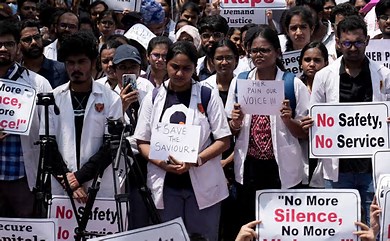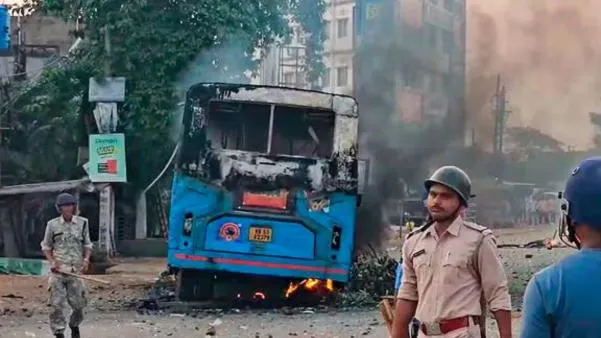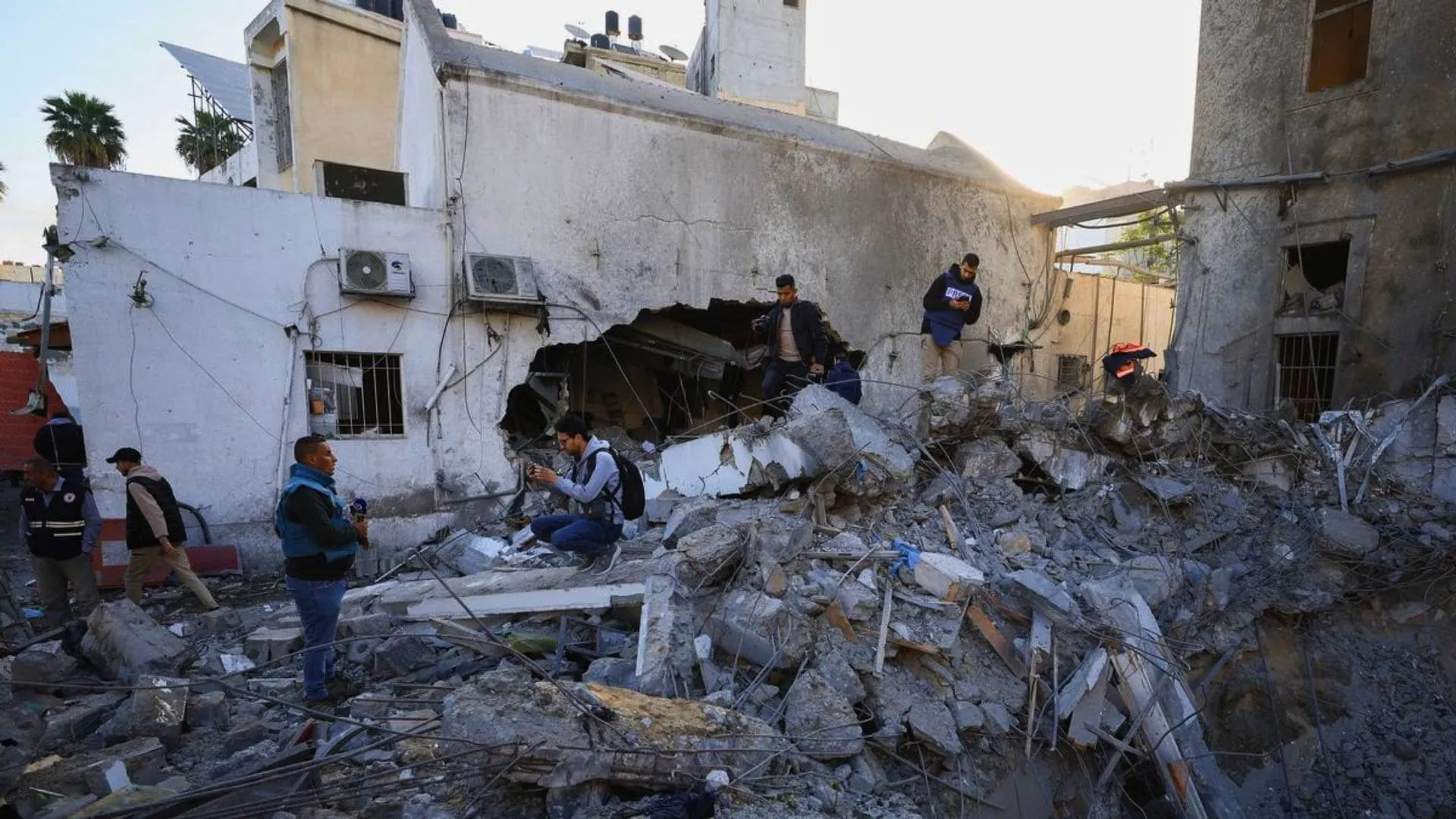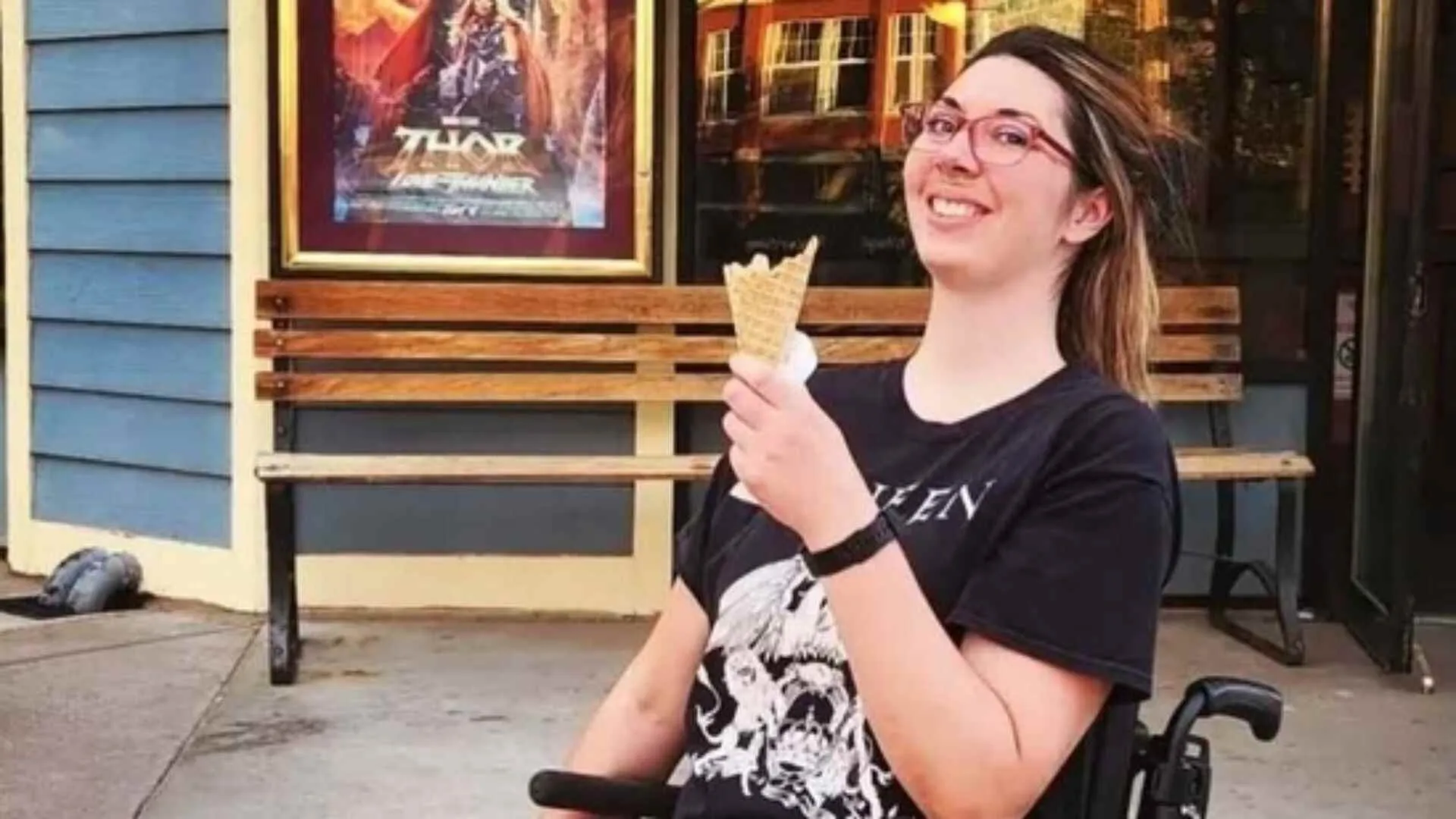Kolkata: The horrific 2013 gang rape and murder of a student in West Bengal’s Kamduni village has come back into the spotlight following the recent tragic rape and murder of a trainee doctor at RG Kar Medical College and Hospital in Kolkata on August 9. The Kamduni case, which shook the nation over a decade ago, is being revisited amid growing public outcry and protests over the safety of women in the state.
The Kamduni Rape and Murder Case
On June 7, 2013, a 20-year-old second-year undergraduate student was on her way home in Kamduni, near Kolkata, when she was abducted and brutally assaulted. She was dragged to a desolate farm, where she was gang-raped and murdered. The following morning, her mutilated body was discovered, with her private parts horrifically mutilated.
The shocking crime sparked widespread protests, forcing the Trinamool Congress (TMC) government to order an investigation by the Criminal Investigation Department (CID) of West Bengal. Vineet Goyal, now the Commissioner of Police in Kolkata, was the special inspector general of the CID at the time and oversaw the investigation, which was led by Inspector Anandamoy Chatterjee.
Legal Proceedings and Verdicts
Nine men were arrested in connection with the crime. However, during the trial, two of the accused—Rafiqul Islam and Noor Ali—were acquitted due to a lack of evidence, while another accused, Gopal Naskar, died during the trial. In January 2016, the trial court handed down death sentences to Saiful Ali, Ansar Ali, and Amin Ali, labeling the crime as the ‘rarest of the rare.’ Three other convicts, Sheikh Imanul Islam, Aminur Islam, and Bhola Naskar, received 10-year prison sentences.
Those asking about the Kamduni rape and murder case…
In Kamduni, 20-year-old Shipra Ghosh was gangraped by eight men. After raping her, they tore apart her legs up to the navel, slit her throat and dumped her body in a field.
Ansar Ali, Saiful Ali, Aminoor Ali, Bhutto Molla,… https://t.co/3YecDbxoAk— Amit Malviya (@amitmalviya) August 15, 2024
However, in October 2023, the Calcutta High Court made significant revisions to these sentences. The court reduced the death sentences of Saiful Ali and Ansar Ali to life imprisonment, while Amin Ali was acquitted. The three convicts who received 10-year sentences were released, having completed their jail term. The High Court noted that the trial court had erred in awarding the death penalty, citing the state’s failure to prove a conspiracy beyond reasonable doubt.
State’s Response and Supreme Court Challenge
In response to the High Court’s ruling, the West Bengal government has filed a challenge in the Supreme Court, seeking to reinstate the original sentences. The case continues to be a flashpoint for discussions on justice and women’s safety, especially in light of the recent tragic incident in Kolkata.
As the nation awaits further developments, the resurfacing of the Kamduni case serves as a grim reminder of the ongoing struggle for justice in cases of sexual violence against women. The public’s demand for swift and decisive action remains as strong as ever.






















